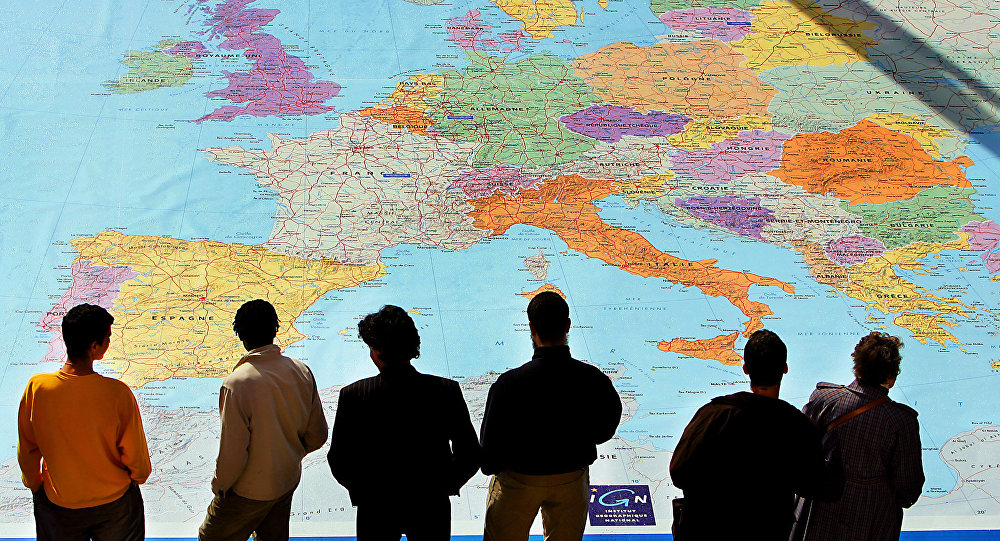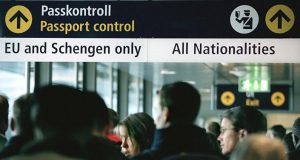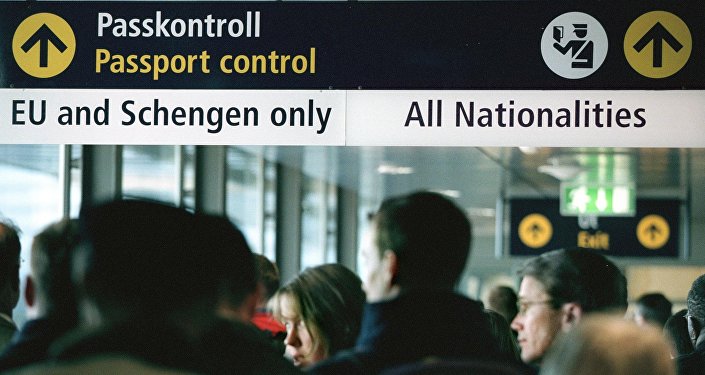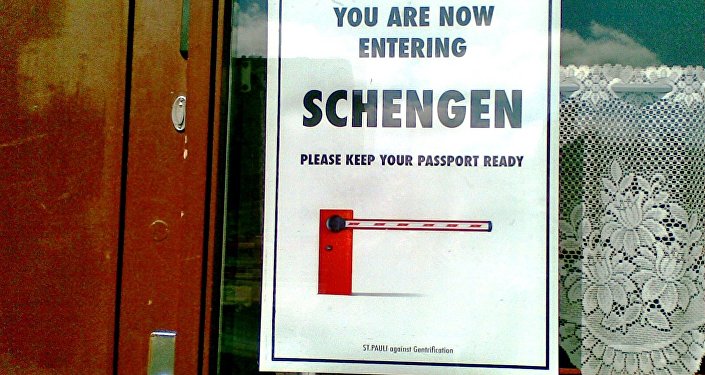The European Parliament’s Committee on Civil Liberties, Justice and Home Affairs has approved the introduction of an upgraded system of document checks for citizens of countries outside the Schengen area who enter or leave, according to RIA Novosti.
Monday saw a go-ahead by European Parliament Committee on Civil Liberties, Justice and Home Affairs to introduce a modernized system of document checks with respect to citizens of countries outside the Schengen area who enter or leave the zone, RIA Novosti reported.
The new system stipulates creating so-called “smart borders” before the end of 2018, which are expected to help the EU identify illegal immigrants, suspected terrorists and members of organized crime groups.
Unveiled by the European Commission back in 2013, the Smart Borders project initially envisaged the implementation of the Registered Travelers program and the improvement of the Entry-Exit system.
The Registered Travelers program stipulates that non-EU citizens who visit the bloc often (90 days or more in each 180-day period) should get an electronic card which will contain pertinent information.
On the border, the card should be applied to a special ticket barrier to read the information; also, the card holder will have to go through a fingerprint scanning procedure.
The Entry-Exit program in turn stipulates that when entering the EU, non-EU nationals will scan their international passports rather than their electronic cards with a chip.
Currently, the passports of foreigners entering and leaving the Schengen area are stamped when these foreigners cross the border. Reports about the stamps being repeatedly counterfeited are not uncommon.
The final decision on the introduction of the “smart borders” is due to be agreed upon during the upcoming trilateral talks between representatives of the European Commission, the EU Council and the European Parliament.
The estimated cost of the Snort Borders project currently stands at 1.1 billion euros. The sum is all but certain to increase due to the fact that maintaining the new system should be funded by all the EU member states.
All of the member states of the EU except Bulgaria, Croatia, Cyprus, Ireland, Romania and the UK are members of the Schengen Area, a region of Europe which has abolished internal borders with other member nations, for the free and unrestricted movement of people, goods, services, and capital. The area also includes four non-EU countries: Iceland, Norway, Switzerland and tiny Liechtenstein.




